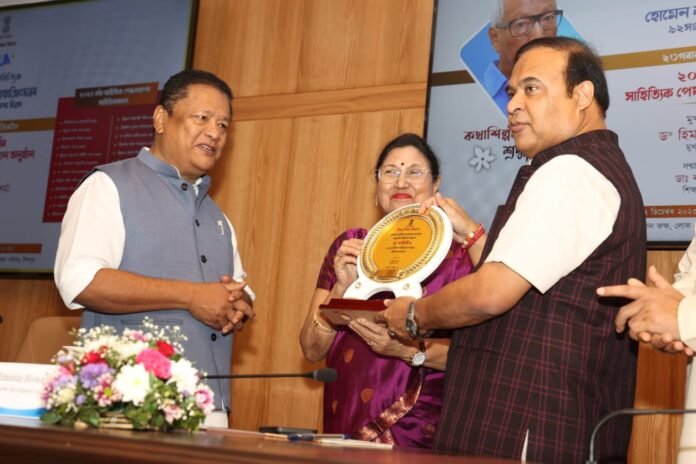In the field of education, Assam has announced a groundbreaking initiative to impart primary education through the medium of tribal languages. This strategic decision aims to bridge linguistic gaps and ensure that education is accessible to all communities within the state.
The initiative, spearheaded by the state government, reflects a commitment to preserving and promoting the rich linguistic diversity of Assam. By introducing tribal languages as the medium of instruction in primary schools, authorities hope to create an environment where students from tribal communities feel more connected to their cultural roots while receiving a quality education.
This progressive step acknowledges the importance of language in shaping a child’s understanding of the world. By offering education in tribal languages, the government not only facilitates effective communication but also fosters a sense of pride and identity among tribal students. This move aligns with broader efforts to make education more culturally sensitive and relevant to the diverse communities that constitute Assam.
The decision also addresses concerns about dropout rates among tribal students, who may face challenges in adapting to a curriculum delivered in a language that is not their own. By adopting tribal languages as the medium of instruction, the government aims to create a more inclusive educational environment, reducing barriers to learning and increasing the retention of students in primary schools.
A Good Initiative Towards Tribal Language
Education experts laud this initiative as a model for other regions facing linguistic diversity challenges. It represents a departure from traditional approaches to education and embraces a more dynamic and culturally aware method of instruction. The move is anticipated to enhance the overall learning experience for tribal students, setting a positive precedent for educational reforms that prioritize linguistic inclusivity.
As Assam pioneers this innovative approach to primary education, it sends a powerful message about the value placed on linguistic diversity and cultural heritage. The initiative not only lays the foundation for a more inclusive education system but also showcases the state’s commitment to nurturing a generation of students who are proud of their heritage while being equipped for a globalized world.


